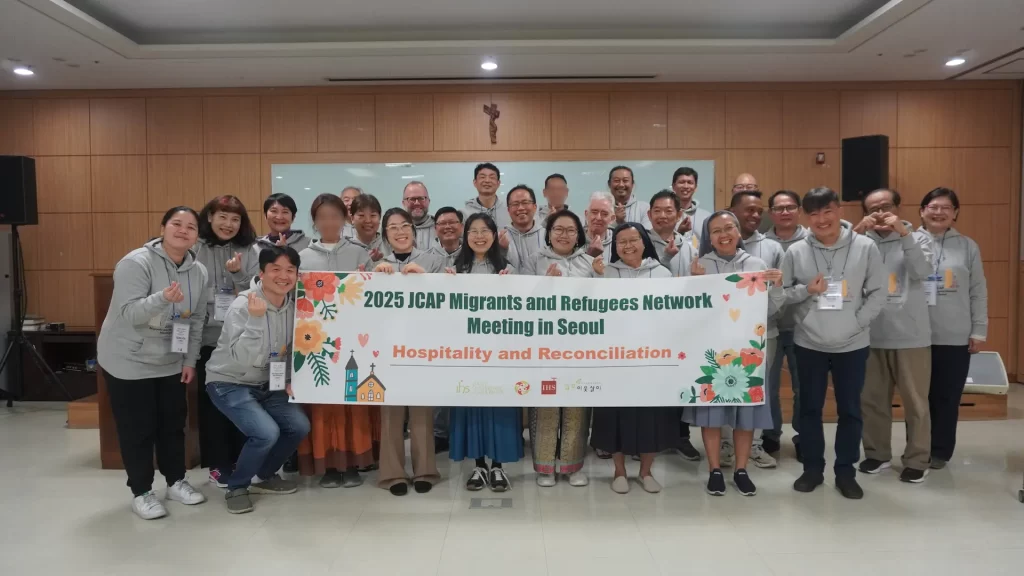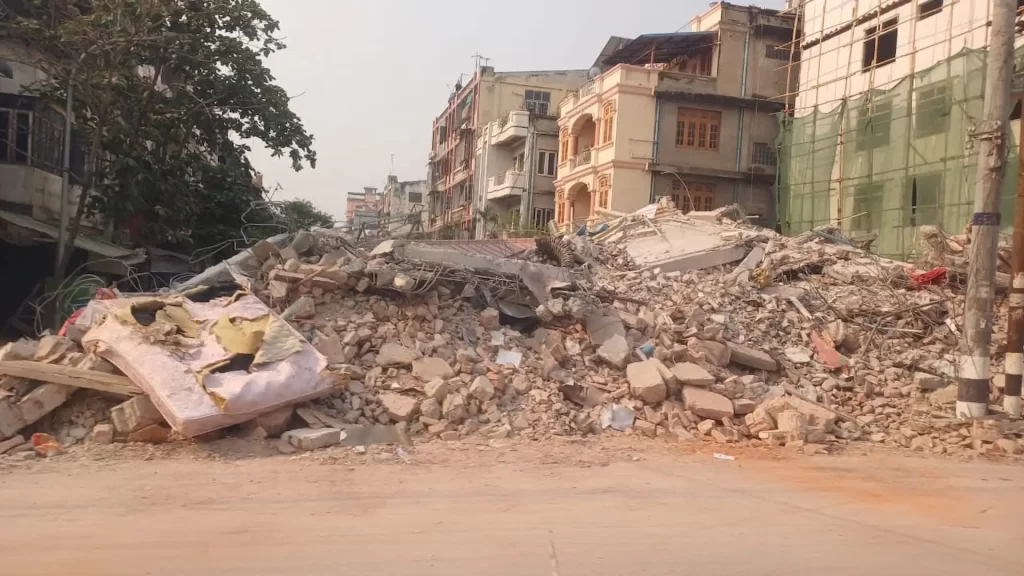A project mapping the involvement of Jesuits in social ministries across Asia has highlighted the need for a renewed focus on social justice within the Society’s mission and activities.
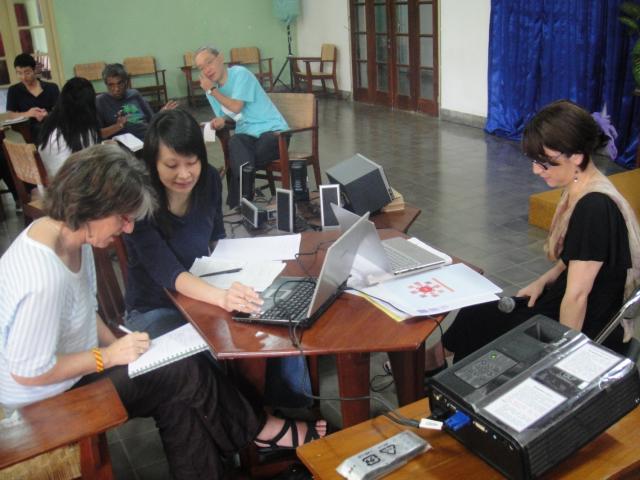
Lay involvement has given Jesuit ministries a vibrant, well trained and dynamic workforce. But while 20 per cent of Jesuit social ministries are now headed by lay leaders, the report found a continuing need for Jesuit involvement in these ministries.
‘Many of the lay leaders are asking for more meaningful Jesuit involvement, pointing out that collaboration should not be seen as merely appointing a lay person to head a ministry and then leaving him or her alone to run it’, the report says.
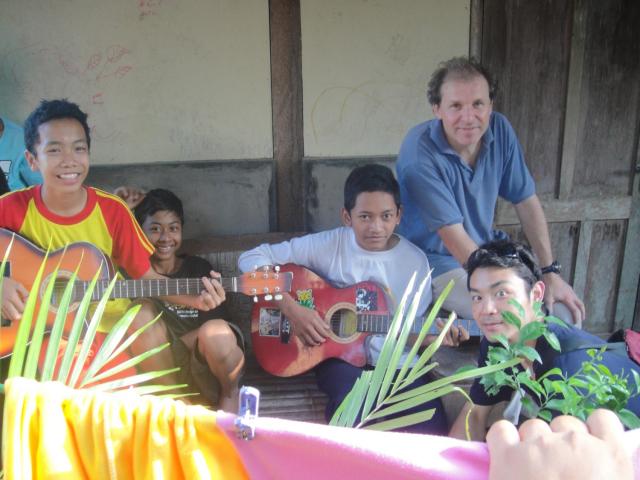
‘A number have inherited existing ministries pioneered by their predecessors. Yet the local and regional contexts have changed’, the report notes. ‘The younger generation of Jesuits will respond to encouragement and flexibility. They are called to boldly redefine the way ahead.’
One of the key recommendations of the report was to identify two specific apostolic frontiers for collaboration between Provinces: migration, and care for the environment and natural resources. The meeting explored the issue of migration, in particular in relation to migrant workers.
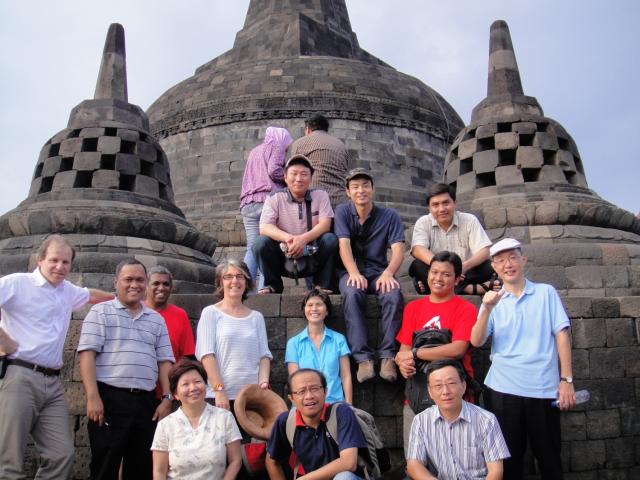
The conference participants called for the establishment of a Conference migration desk with full-time personnel, to help minister to migrant workers, provide research and formation for work in migration, undertake advocacy work at the local and international level, and increase awareness of migrants among Jesuits and companions in the Church.





